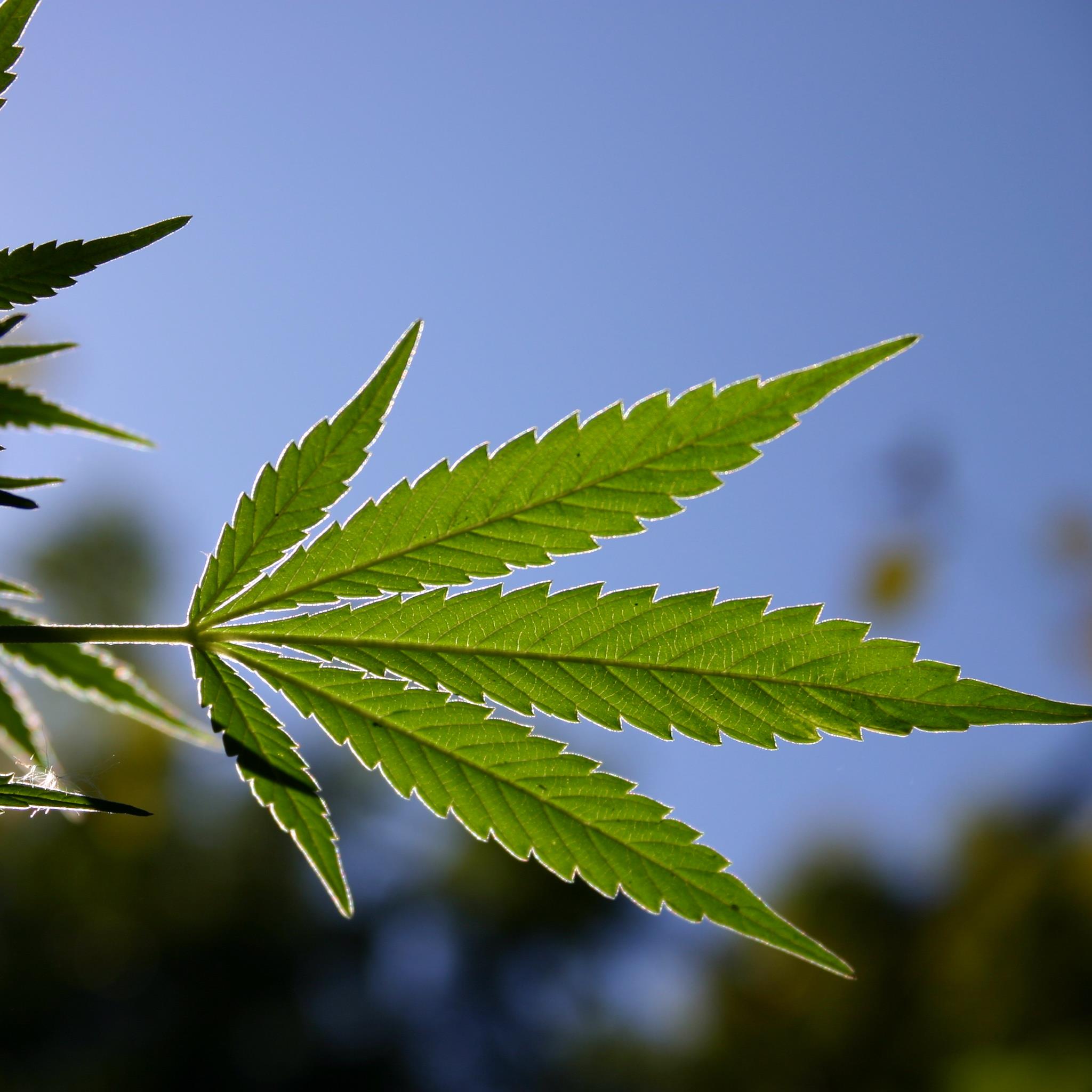Companies and Brands
Taxing Marijuana a Delicate Balance for Governments

Published:
Last Updated:

One of the main drivers for the legalization of marijuana, whether for medical or recreational use, has been the promise of additional tax revenues. One study estimated that a mature U.S. marijuana industry encompassing all 50 states could generate up to $28 billion annually in federal, state and local taxes.
As is often the case, though, there’s a pitfall. If the industry is taxed too much, users may turn back to the untaxed black market for their supplies. Policy analyst Rosalie Wyonch at Canada’s C.D. Howe Institute warns that taxing marijuana too heavily “will ensure the continuation of the black market and will be undermining [the government’s] efforts to control the substance.”
In a letter to Canada’s Justice Minister, Wyonch writes:
There is significant uncertainty about the future of prices and demand for marijuana upon legalization. To be competitive with the illegal market, legal marijuana must be priced similarly: a $1 premium between legal and illegal weed results in about 35 percent of the market remaining unregulated. This gives all the more reason for the government to be cautious about levels and type of taxation.
Setting the tax too low doesn’t generate the expected returns from taxes and could increase consumption of marijuana even as the low taxes discourage black market sales.
Wyonch estimates that if Canadian federal and provincial tax authorities imposed only the normal level of sales taxes on pot sales, about 90% of the market for marijuana would be regulated and the total tax take would be around $675 million. However, if the government sought to generate $1 billion in taxes, only about half the market would be regulated and more than 300 metric tons of marijuana would remain for sale on the black market. She concludes, “With the regulation of marijuana, the government has a choice to make: either legitimize the market or generate large revenues, not both.”
Last year legal marijuana sales reached $1.3 billion in Colorado, which resulted in about $199 million in tax and fee revenues for the state. Recreational sales accounted for about $875 million of Colorado’s annual sales, and medical marijuana accounted for nearly $438 million in total sales. The state’s marijuana tax revenue includes a 2.9% retail and medical marijuana sales tax, a 10% retail marijuana special sales tax, a 15% marijuana excise tax and various retail/medical marijuana application and license fees.
The good news — for governments — is that what was once a $1 billion marijuana black market in Colorado has now been cut in half. In Colorado’s case, the state appears to have succeeded in both regulating the market and making a significant amount of new revenue.
The thing to watch for is when the state reaches the point when black market sales begin to creep up again. That could be a sign that taxes are too high or that black market sales are targeting minors, an unhappy outcome for everyone.
Finding a qualified financial advisor doesn’t have to be hard. SmartAsset’s free tool matches you with up to 3 fiduciary financial advisors in your area in 5 minutes. Each advisor has been vetted by SmartAsset and is held to a fiduciary standard to act in your best interests. If you’re ready to be matched with local advisors that can help you achieve your financial goals, get started now.
Thank you for reading! Have some feedback for us?
Contact the 24/7 Wall St. editorial team.